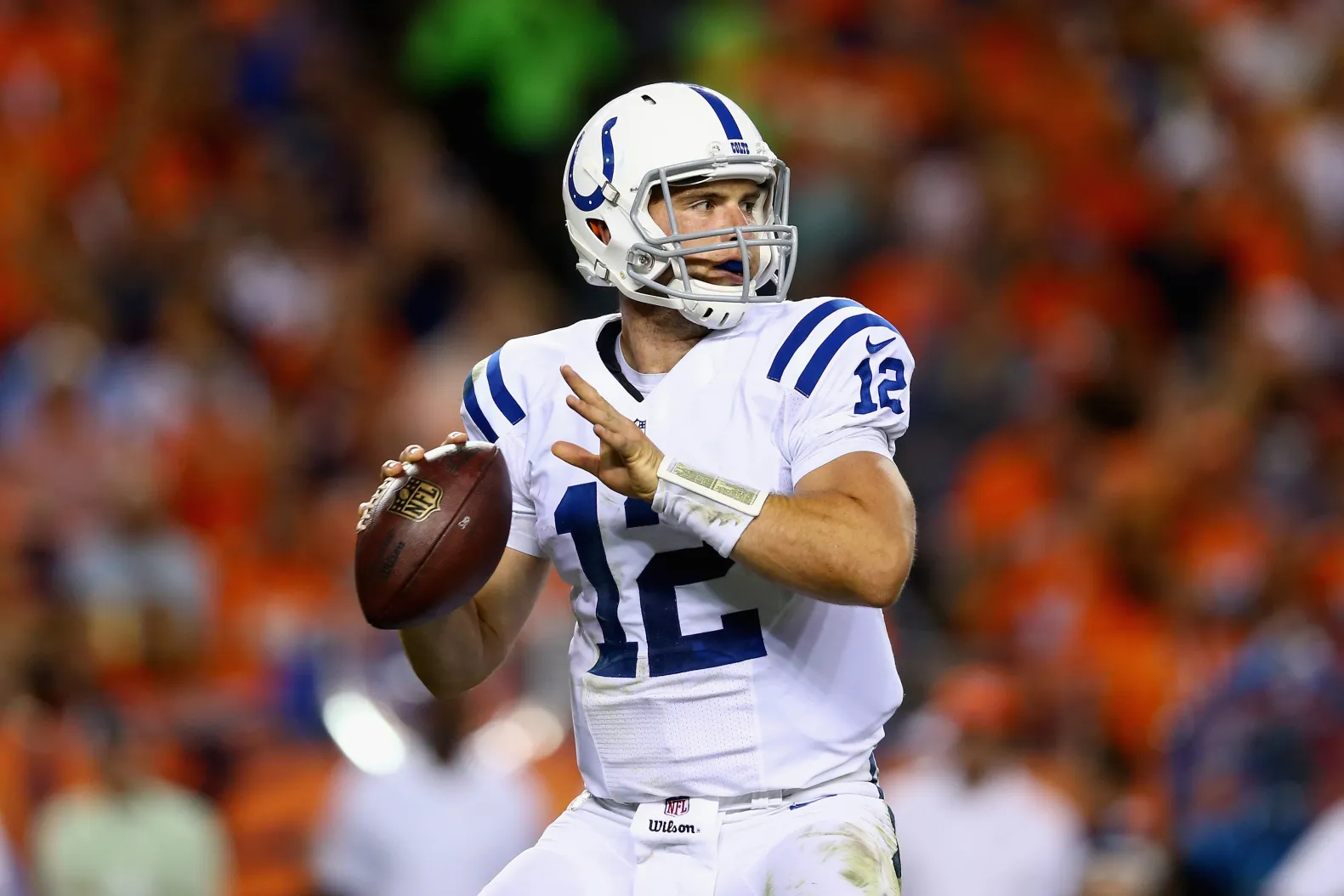Introduction
In the realm of football, the quest for the ideal quarterback is a continuous adventure. It’s urgent to remember that, albeit many individuals think the quarterback is the key part of a group’s prosperity, even the most uncommon gifts need a strong group around them to flourish. This article examines the cautionary story of Andrew Luck, a player whose career raised the bar for potential candidates and altered the criteria for judging quarterback ability.
The Ever-Elusive “Andrew Luck”
Year after year, NFL teams search for their savior under center, hoping to land the next “Andrew Luck.” Luck’s legacy looms large, and the expectation is that a generational prospect can singlehandedly transform a team’s fortunes. The torch of hope now passes to Caleb Williams, following in the footsteps of Trevor Lawrence, who was destined to be the best since Andrew Luck.
if you know about texas high school ranking 2023 click the link.
The Bears’ Dilemma
As a devoted Bears fan, two desires linger: first, the hope that the trade with the Carolina Panthers positions the Bears to draft Caleb Williams, and second, the trade of that opportunity to the highest bidder, akin to a rock concert’s main attraction. This isn’t a reflection of doubt in Williams but rather an acknowledgment of the larger context of elite quarterback prospects entering the NFL.
A Historical Context
Before Andrew Luck’s arrival, the draft landscape offered some assurance regarding quarterback prospects. Examining the performance of first-round quarterbacks from 2006 to 2008 until the 2011 draft reveals a relatively secure environment for these budding stars. Most had enjoyed above-average seasons, with some even making Pro Bowls and conference championship appearances.
The promise of Andrew Luck didn’t hinge on being good; it was about being dependable
The Hype Surrounding Andrew Luck
Andrew Luck was an elite prospect, parodied as “Captain Andrew Luck.” Fanbases vied to secure their chance to draft him, despite the enormous expectations he carried. Pro Bowl appearances, playoff contests, and even a conference championship appearance were highlights of Luck’s seven-year career. Although he was unquestionably successful, he did not completely change the quarterback position.
The Reality of Luck’s Legacy
Comparing Luck to his contemporaries reveals that Kirk Cousins and Russell Wilson have had similarly, if not more, successful careers. Cousins boasts Pro Bowl appearances, seasons with above-average passer ratings, and playoff runs, while Wilson has excelled with a string of above-average passer ratings, multiple conference championship games, and a Super Bowl victory.
The lesson? Even a generational talent can only elevate a team so far; success often depends on the strength of the entire team.
Opportunity Costs and the Draft
Drafting an “Andrew Luck” first overall is undoubtedly an advantage, but it comes with an opportunity cost. Selecting a quarterback at #1 means allocating significant resources that could be used to strengthen other positions. The value of the #1 overall pick goes beyond the individual player chosen; it impacts the entire team.
The Ongoing Quest for the Next “Andrew Luck”
Trevor Lawrence has taken up the mantle of “best quarterback prospect,” playing well for the Jacksonville Jaguars. Justin Fields, Mac Jones, Treyae, Lancnd Zach Wilson each have their narratives in this unfolding story. As we anticipate the rise of Caleb Williams, it’s vital to remember that even if he becomes the next “Andrew Luck,” the true measure of a quarterback’s success is intertwined with the quality of the team around him.
In conclusion, Andrew Luck’s legacy teaches us that a generational talent alone is not enough to guarantee a Super Bowl victory. Building a well-rounded, complete team remains the key to sustained success in the NFL.


